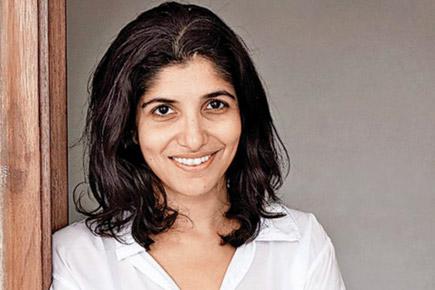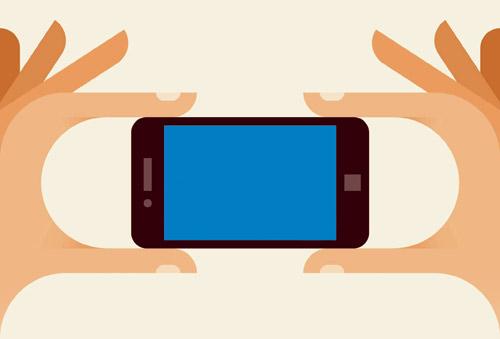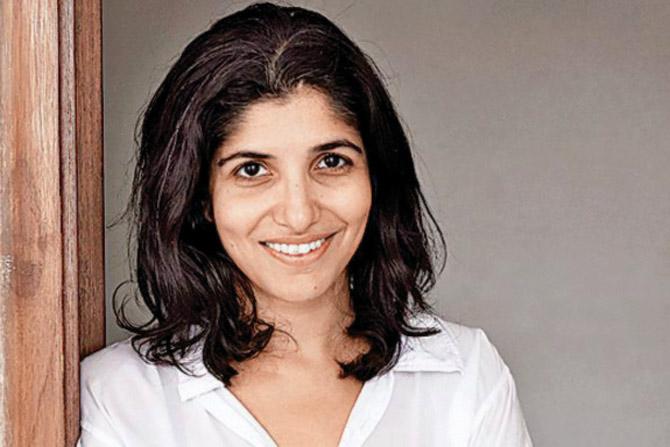Will Chiki Sarkar's new publishing initiative, Juggernaut, live up to its name and become the force that will disrupt to bring change? Preeti Singh attempts to gauge the mood

A recent study by AC Nielsen states that there are over 150 million smartphones in India. Nearly two-thirds of users are under 25 years; users spend an average of 169 minutes on their cell phones every day and nearly a quarter download 18.5 apps and games on an average every month. Therefore, when Chiki Sarkar (erstwhile publisher at Penguin Random House India) announced that her new venture Juggernaut will develop and market cellphone books (and an app), it set the industry buzzing. According to Sarkar, “India has more people in their 20s than any other country in the world.

We want to capture this readership.”
Around the world
Cell phone books originated in Japan where the genre is known as Keitai Shosetsu. Each chapter or page is not more than 200 words; some popular elements are white spaces, line breaks, conversation fragments, personal thoughts, poetry and cultural commentary. Maho i-Land, the host website has over 3.5 billion monthly visits, and many books, primarily in the romantic genre, have been published in print, and adapted to Manga, TV and film.

Juggernaut could be a first in the market for cell phone books. As a publishing house with print and ebooks, Juggernaut brings the strength of traditional publishing to the mobile platform — the content will be edited and curated. Sarkar states, “We are going to look at the reading experience anew. Can we make it more interactive, can our readers feel closer to our authors and can they share and gift via the app more easily?”

Sudeshna Shome Ghosh, Red Turtle
Author Amandeep Sandhu says, “I am not sure if this platform will encourage serious writing. It promises more money to writers. Now that would be very good.” Literary agent Kanishka Gupta who runs Writer’s Side, agrees, “It would be interesting to see the pricing and revenue model, but this is intriguing for Indian writers.”

Amandeep Sandhu, author
Ebooks or free books?
People are consuming content on their smartphones — news, self help articles, inspirational stories, or videos — but monetising any content on mobile phones, even the Internet, is a big challenge. Not according to Chiki who avers, “One of the most interesting things about books, globally, is that no one has ever sold a book for free, nobody who reads books (unless they are pirated) assumes they are getting it for free.”

Kanishka Gupta, literary agent, Writer’s Side
Sudeshna Shome Ghosh of Red Turtle, thinks, “The declining sales of ebooks has shown the surprising resilience of the print book; so while the mobile platform needs to be explored, the focus has to remain on content, marketing and distribution of print books.”
The coming months should be fun. Will readers pay to read stories? What authors will Juggernaut sign up? Will the book list see fresh names, or will seasoned authors move to Juggernaut? Do other publishers see merit in Juggernaut’s strategy and will they adopt it in some manner? The publishing industry and readers will have to wait and see how this juggernaut turns out.
 Subscribe today by clicking the link and stay updated with the latest news!" Click here!
Subscribe today by clicking the link and stay updated with the latest news!" Click here!









